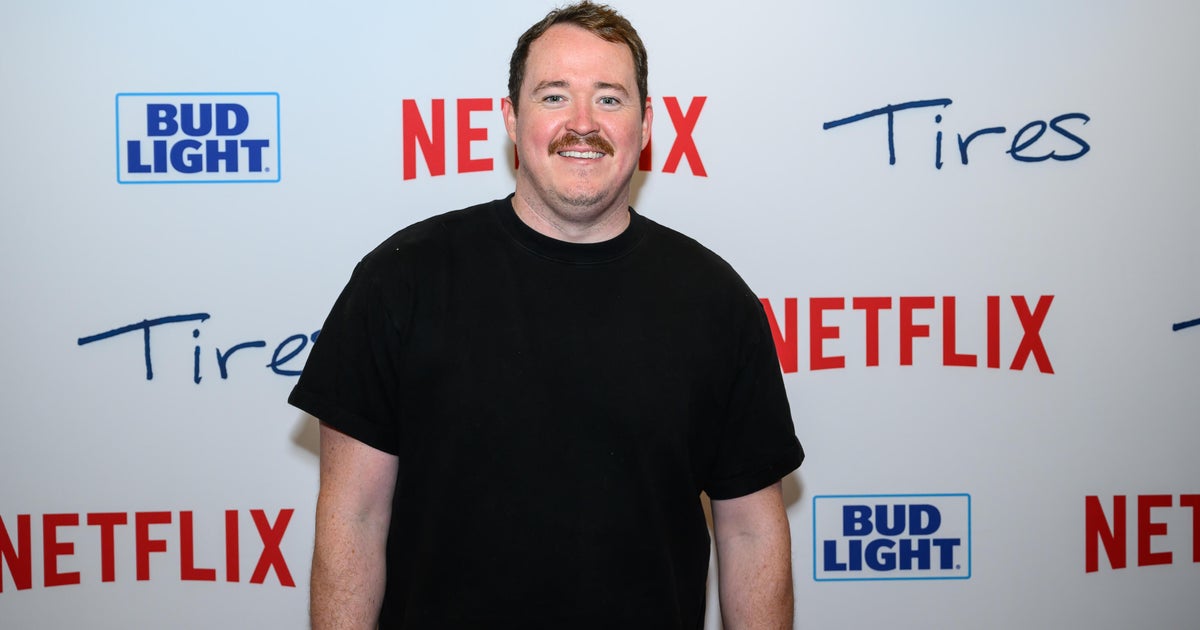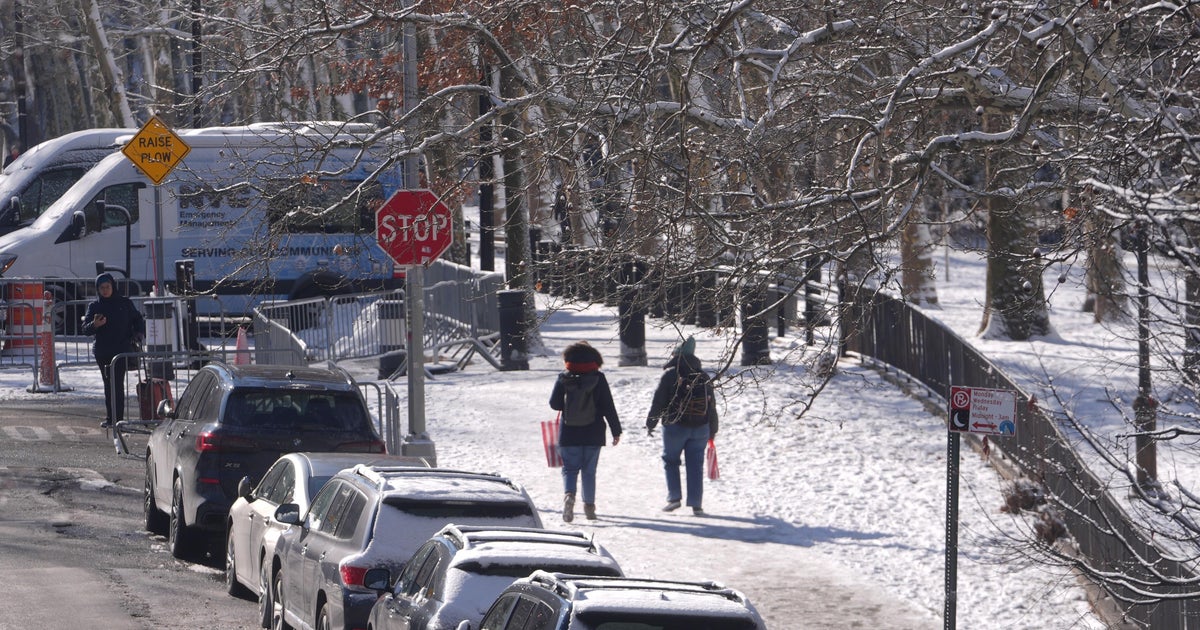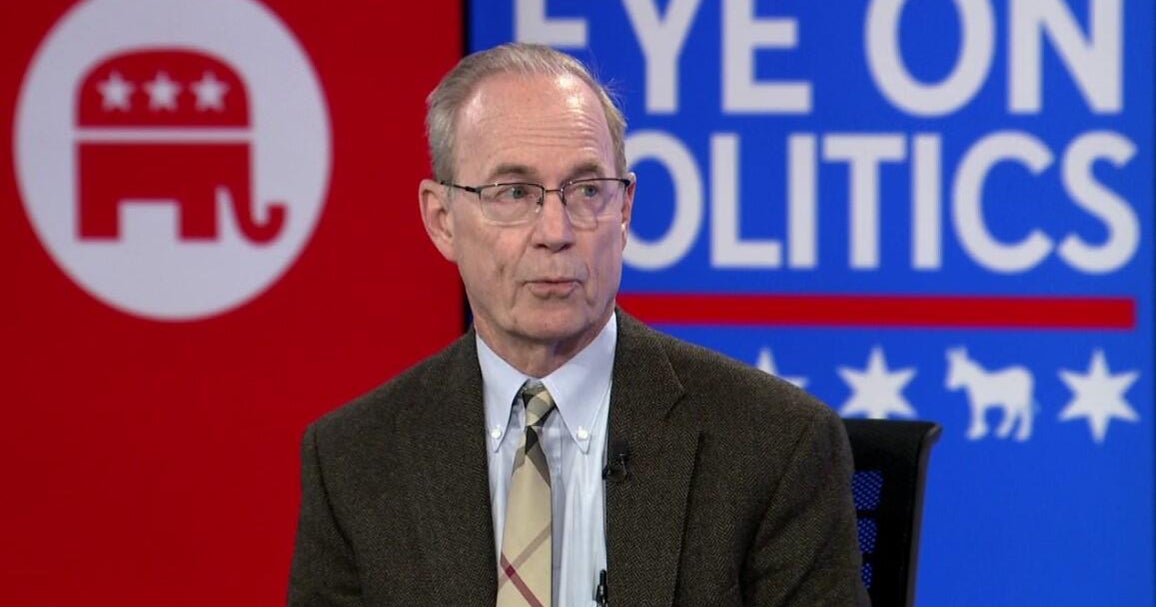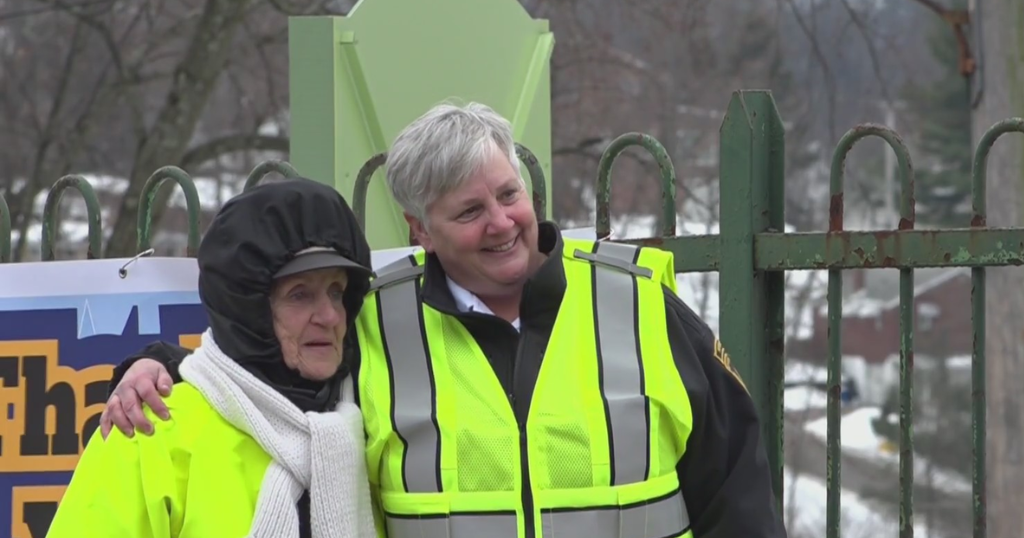Baltimore 'Safe Streets' leader discusses changes in program, how funding is spent
BALTIMORE - Baltimore City Council's oversight committee held a hearing Thursday to investigate the City's Safe Streets program.
This comes after the program's director announced recent changes.
Created in 2007, Safe Streets is Baltimore's flagship gun violence reduction program, modeled after the CURE Violence program in Chicago.
Mayor Brandon Scott created the Mayor's Office of Neighborhood and Safety Engagement (MONSE) to oversee Safe Streets along with other violence reduction efforts.
MONSE's Director is Shantay Jackson, who was brought on in January 2021.
With Baltimore on track to see an eighth-consecutive year of more than 300 homicides, the City Council asked Jackson Thursday why she is making changes to the Safe Streets program and how the millions of dollars from city and state funding are being spent.
The changes involve a restructuring of the program - putting two nonprofits in charge of the program instead of the seven that managed Safe Streets' ten sites.
WJZ sat down Exclusively with Director Jackson to ask her these questions directly.
WJZ's Annie Rose Ramos asked Jackson, "under your leadership, how will you measure Safe Streets sites' efficacy?"
"Evaluation is what's missing from administrations before Mayor Brandon Scott," Jackson said. "Evaluation programmatically hasn't happened here in this city for any administration leading up to this one."
Jackson said when she started her role in January 2021, "we had contract funding invoices that we had to cover all the way back to fiscal year (20)19."
Once in office, Jackson completed an evaluation of Safe Streets published in April 2022.
The report cites a 2018 study from Johns Hopkins School of Public Health that states, "seven sites failed to see a clear impact on homicides and non-fatal shootings."
Jackson said a newer evaluation is due out later this year.
During Thursday's City Council hearing, Director Jackson showed a budget for Fiscal Year 2023 of over $5 million of City and State funding.
"Where is this money going?" asked WJZ's Ramos.
"Salaries, supply costs, cellphone bills, I mean we've got to be able to activate a team if something's going on," Jackson said.
Jackson also increased the employees salaries at Safe Streets to $45,000 per year. Employees at Safe Streets are called violence interrupters.
"We've got to put everything in place that we can around safety training, around the provision of bullet proof vests for those that want it," Jackson said.
Through a partnership with the Maryland State Police, Jackson said they'll be providing bullet proof vests to violence interrupters for the first time in the program's history.







